by Kelley Williams-Bolar, No More Lines Fellow
When I was a kid, I watched Star Trek and was fascinated by the technology, little did I know that in my lifetime, I’d have the ability to talk to my family on FaceTime much like Captain Kirk could speak to Dr. Spock.
Sadly not everything has evolved, the way education is done in our country remains trapped in a model not much different than what I experienced as a child.
It’s wrong. We celebrate public education as a right for every child, but then zone kids to “good” public schools and “bad” public schools based on their ZIP code. We deny families the freedom to move between schools – sometimes going so far as throwing parents into jail.
How do I know this? It happened to me. I was charged with stealing public education because I wanted my children to attend a different public school than their zoned public school.
How can we honestly say public school is available to all when school districts hire private investigators to spy on families and block children from enrolling in another public school that meets their needs?
To solve this problem, I think back to my childhood, sitting cross-legged in front of the TV, in an imaginary world where almost anything was possible. When I do that, I see a world where children are not defined by their ZIP code or family’s income. I see a world where families can move freely and we don’t accept the premise that a quality education is scarce. I see a world where the money our society raises to fund education can do just that – fund each kid’s education – not merely be allocated to specific buildings.
I see a world where no mother or father ever faces the same trials I faced – where the government wields its mighty wrath against anyone who is simply trying to access a better public education for their son or daughter.
All of this is possible, but it requires us to think bigger. To act bolder. To let go of the narrow beliefs that hold us back today and think about education through the lens of what is best for each and every individual child. That’s a future of education we should embrace – one that allows every child to boldly go where no one has gone before.
